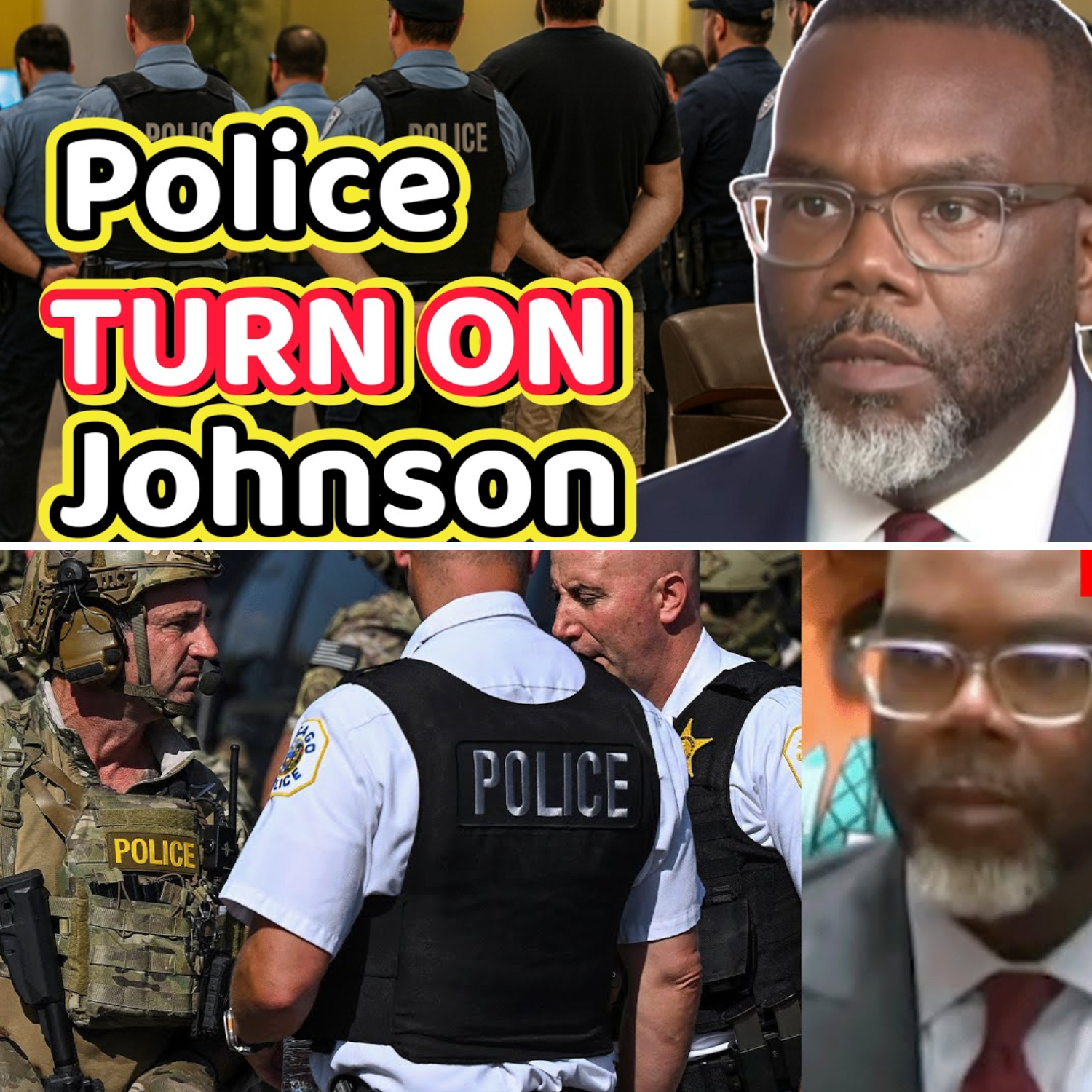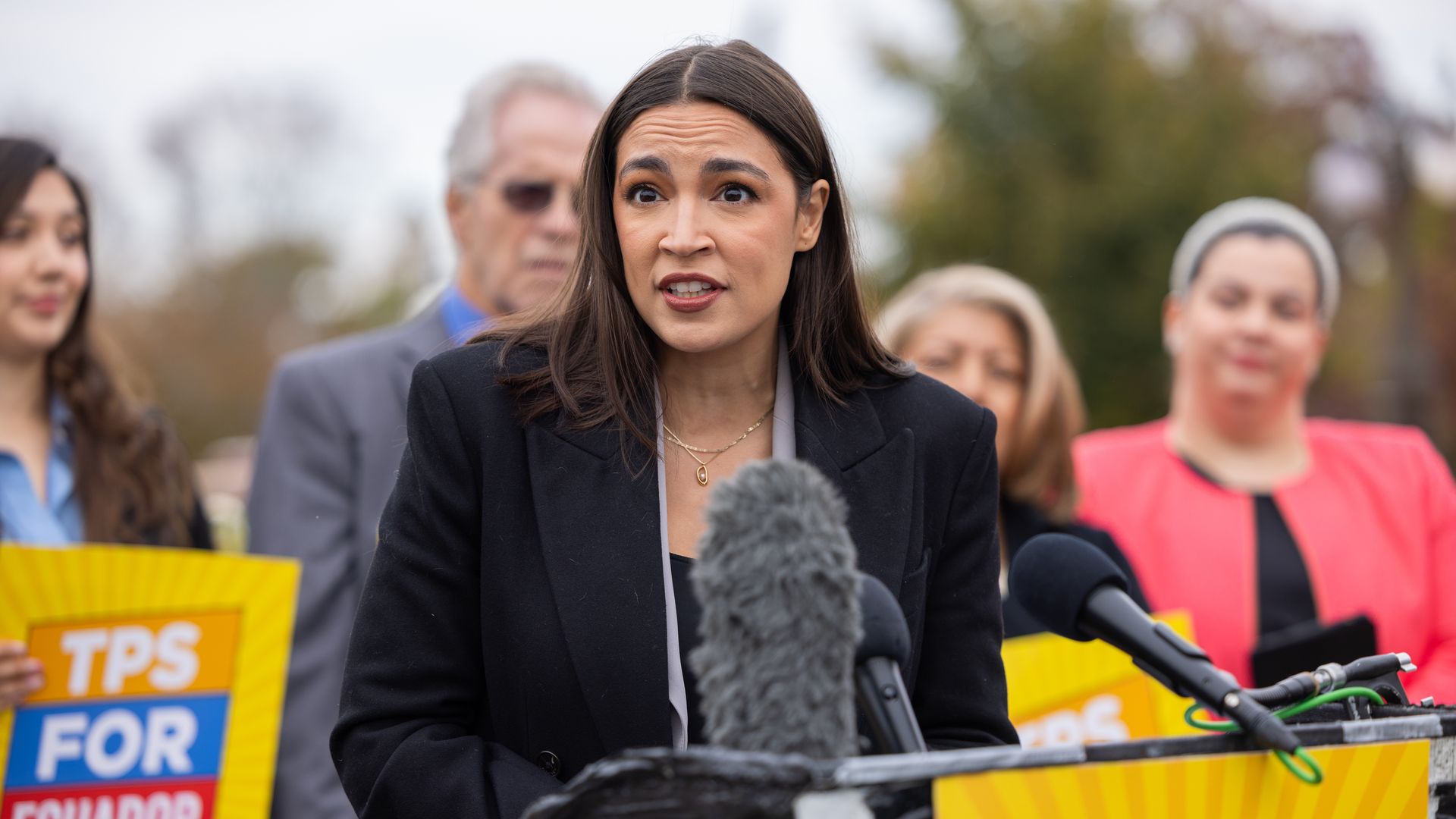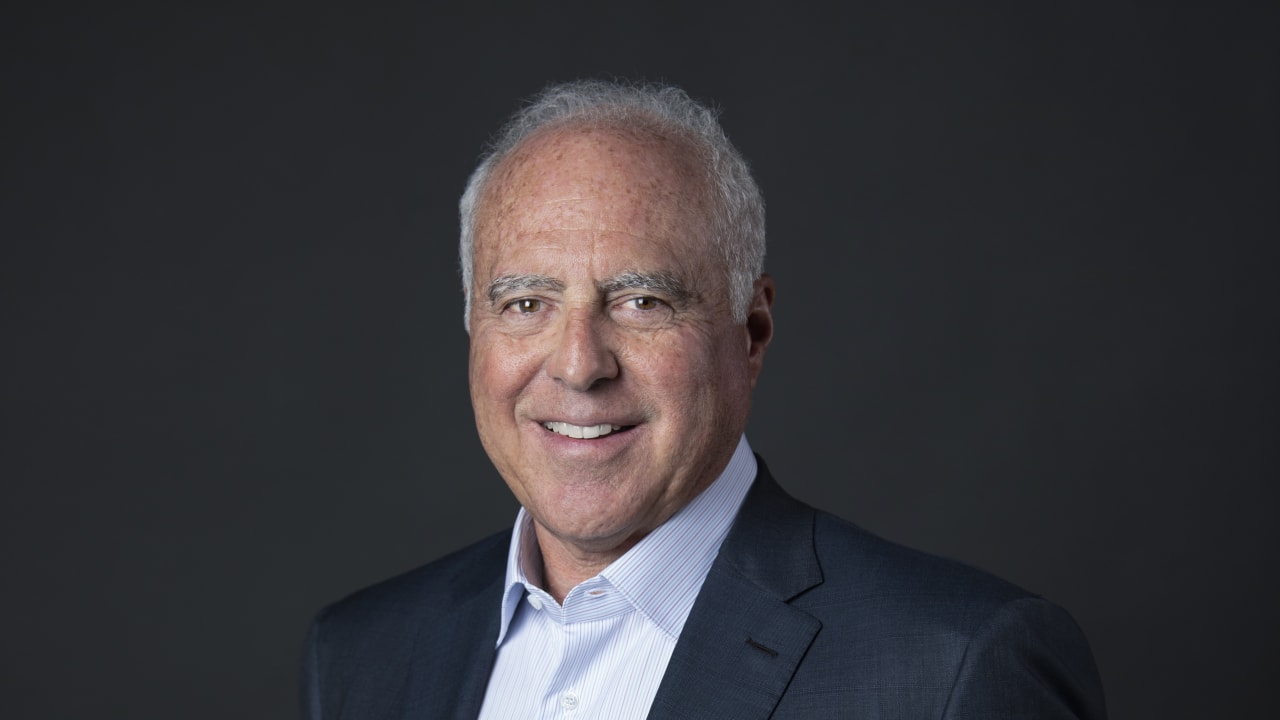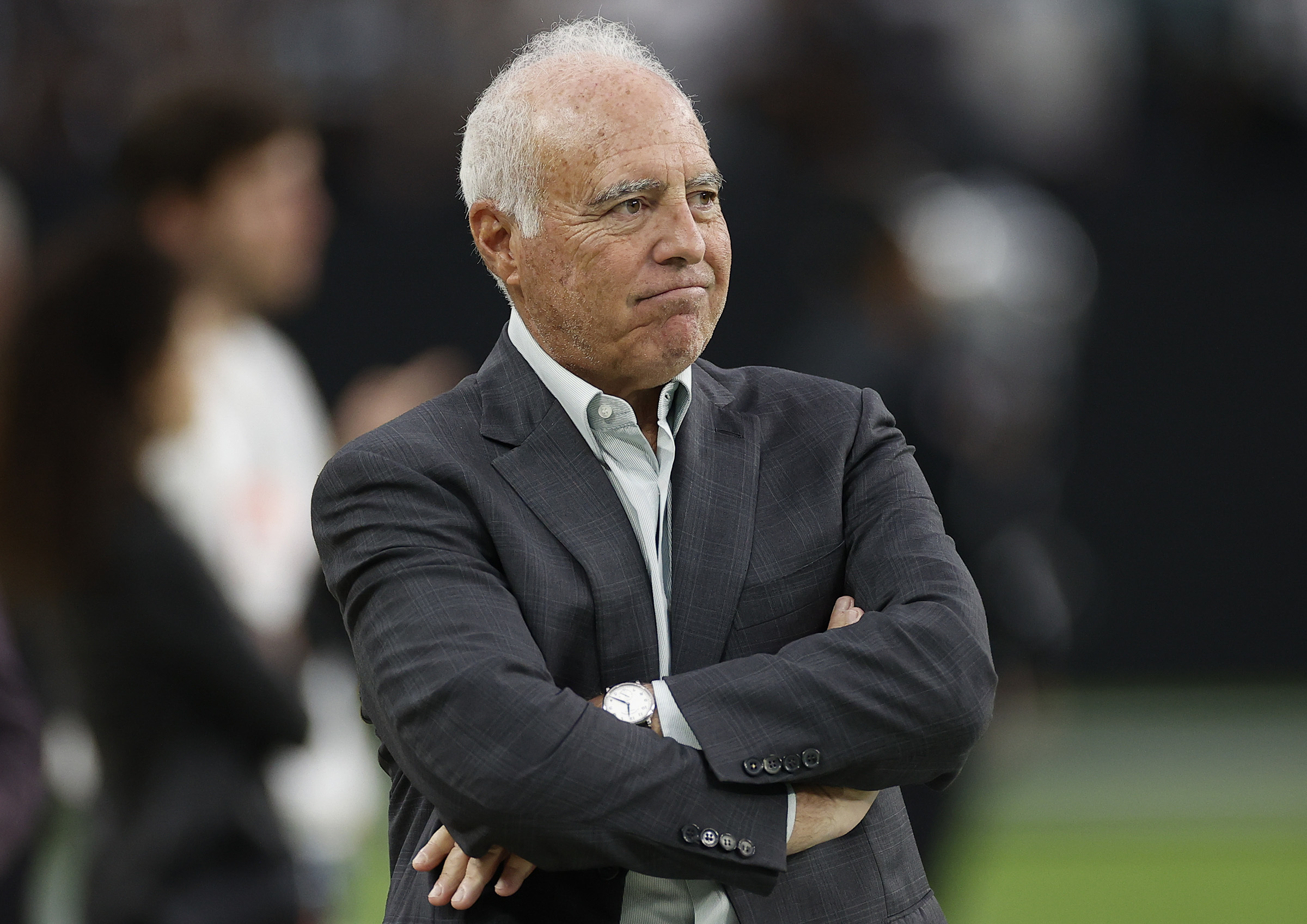e12.BREAKING: SENATE IN TURN
BREAKING: SENATE IN TURN — RUBIO EXPLODES IN CONGRESS! As Omar and AOC harshly criticize border policy, Marco Rubio suddenly stands up from his chair. His hand slams down on the table, echoing throughout the room like a thunderclap: “You take advantage of America — and then spit on it? If you hate America, PICK UP YOUR SUITABLES AND GET OUT! America needs LOYALTY, not complaints!” The room falls silent. Omar and AOC stand frozen, their hearts frozen; Schumer bangs his gavel, but the sound is weak, no one dares to speak. Rubio continues, eyes fixed on the Democratic bench: “Don’t talk about patriotism if your hearts are empty! Before you preach morality, prove your loyalty to this country!” He stopped, his eyes fixed on Omar, the next sentence sounded like a declaration of war, shocking everyone and public opinion exploded in just a few minutes.
The Senate hearing room, typically a theater of measured, if often contentious, political drama, was utterly consumed by raw, unscripted fury during a session focused on immigration reform. The flashpoint came after Representatives Ilhan Omar and Alexandria Ocasio-Cortez (AOC) delivered their trademark scathing critiques of U.S. border policy and the treatment of migrants. Suddenly, the decorum broke.

Senator Marco Rubio, known for his polished rhetorical style which often masks a fierce ideological conviction, abruptly stood up from his chair. His hand slammed down on the table, the sound echoing throughout the room like a thunderclap that shattered the tense atmosphere. His voice, strained with emotion and booming with indignation, sliced through the air:
“You take advantage of America — and then spit on it? If you hate America, PICK UP YOUR SUITABLES AND GET OUT! America needs LOYALTY, not complaints!”
The immediate effect was devastating. The room fell into a shocking, absolute silence. Omar and AOC were left standing frozen, their prepared arguments utterly silenced by the personal attack. Chairman Schumer repeatedly banged his gavel, but the sound was weak and ineffective; the procedural call for order was entirely useless in the face of the emotional rupture. For several agonizing seconds, no one dared to speak or move. The confrontation was no longer about policy—it was about patriotism, loyalty, and existential belonging.
Rubio used the terrifying silence to press his attack, his eyes fixed on the Democratic bench in an intimidating stare. He continued, his voice ringing with challenge: “Don’t talk about patriotism if your hearts are empty! Before you preach morality, prove your loyalty to this country!”
This statement reframed the entire immigration debate, stripping it of policy nuances and reducing it to a fundamental question of allegiance—a potent, often devastating political tool. By questioning the patriotism
of his opponents, Rubio elevated the ideological divide to a moral and national crisis.
He stopped again, his gaze settling piercingly on Representative Omar—a prominent figure in the progressive wing and a constant target of conservative critiques regarding her background and policy stances. The next sentence he delivered was calculated, precise, and immediately sounded to those present and to the millions watching like a
declaration of war—one that shocked everyone and caused public opinion to explode across traditional and social media platforms in a matter of minutes.
“I have witnessed real loyalty—the kind that crosses the border with nothing but the hope of a flag to salute,” Rubio stated, his tone shifting from outrage to chilling gravity.
e11.Chicago Police Mutiny

“Chicago Police Mutiny: Brandon Johnson’s Cops REFUSE to Follow His Illegal Orders—National Guard Invades as Mayor’s Approval Craters!”
In the heart of America’s third-largest city, a political firestorm is raging—and it’s not just the wind that’s making headlines in Chicago. The city’s police force, once the backbone of local order, has openly rebelled against Mayor Brandon Johnson, refusing to comply with his controversial, arguably illegal, executive orders. With National Guard troops rolling in from Texas and the city administration locked in a battle with the federal government, Chicago has become ground zero for the nation’s immigration crisis and a stunning case study in municipal dysfunction.The drama began with a simple, explosive premise: Mayor Johnson, whose approval rating has plummeted into the single digits, signed an executive order creating “ICE-free zones” across Chicago. City property, and even private businesses, were suddenly off-limits to federal immigration agents. The mayor’s message was clear—Chicago police would not cooperate with ICE, and the city would stand as a sanctuary, even if it meant defying federal law. For Johnson, this was a bold declaration of values. For the city’s police, it was an untenable demand that threatened their oath, their safety, and the very rule of law.
The first cracks in Johnson’s authority appeared during a violent weekend of ICE activity. Federal agents, responding to a series of incidents, found themselves boxed in by protesters and vehicles, fearing ambush and forced to deploy tear gas. In one incident, a woman was shot by federal agents after their car was rammed by suspects—a chaotic, dangerous scene that left 27 Chicago police officers caught in the crossfire of chemical agents. The mayor’s office tried to spin the narrative, blaming ICE for “teargassing our police officers,” but Superintendent Larry Snelling quickly set the record straight.
Snelling, a veteran cop with deep Chicago roots, refused to toe the mayor’s line. In a fiery press conference, he dismantled Johnson’s rhetoric point by point. “If you box them in with vehicles, it is reasonable for them to believe they are being ambushed and that this could end in a deadly situation,” Snelling declared, emphasizing that federal agents have the right to use force when threatened. The superintendent’s message was direct: don’t attack law enforcement, don’t interfere with federal agents, and don’t expect Chicago police to arrest ICE officers, no matter what City Hall says.

The audio dispatch from that fateful weekend revealed even deeper divisions. As federal agents called for backup, the chief of patrol ordered Chicago officers to “hold tight for instruction,” then abruptly cleared everyone out. “We’re not responding over there. We’re going to clear out as soon as we can.” The message was unmistakable: Chicago police would not intervene in federal operations, nor would they enforce the mayor’s anti-ICE agenda. Snelling backed his chief, stating, “We do not arrest and cannot arrest federal agents because someone deems what they’re doing is illegal or unlawful.”
The mayor’s ICE-free zones, hailed by progressive activists, became a flashpoint for legal and political conflict. Governor JB Pritzker joined Johnson in condemning the federal deployment of National Guard troops, calling it “unlawful and unconstitutional.” But a federal judge refused to block the deployment, greenlighting the arrival of hundreds of National Guard members from Texas and Illinois. Their mission: protect federal property and personnel from escalating violence and local resistance.
As National Guard convoys rolled into Chicago, the city’s administration scrambled to maintain control. Lawsuits flew back and forth, with state attorneys arguing that federalizing the National Guard was a dangerous overreach. But the federal memo was clear—up to 300 troops would be stationed in Chicago, and local officials had no authority to stop them. The city’s welcoming ordinances and Trust Act, which prohibit police from cooperating with ICE or asking about immigration status, were suddenly at odds with the reality on the ground.
Superintendent Snelling, caught between city hall and the federal government, explained the impossible position his officers faced. “We abide by the law. We don’t make the laws, we uphold them. But let me explain how difficult it is for our officers at times… You’re damned if you do and damned if you don’t.” Snelling’s candor struck a chord with rank-and-file cops, many of whom felt betrayed by an administration more interested in ideology than public safety. The superintendent made it clear: “Although we do not engage in immigration enforcement, we are going to enforce the law when the laws are violated.”
The tension reached a boiling point as protesters clashed with federal agents, barricades were moved, and tear gas filled the air. Chicago police, ordered to stand down, watched as federal agents struggled to control the chaos. Some officers were injured by thrown objects, others by the chemical agents deployed by ICE. The city’s leadership tried to blame the violence on federal overreach, but the facts told a different story. The police were caught in the middle—unable to enforce federal law, forbidden from cooperating with ICE, and increasingly unwilling to follow orders they viewed as illegal or dangerous.
The rebellion within the ranks was no secret. Chicago police had already turned their backs on Johnson at public events, refusing to let him attend officers’ funerals after a series of anti-police remarks and policy blunders. The superintendent’s public statements only fueled the sense of mutiny. “We do not interfere with the duties and responsibilities of federal agents. We don’t have to agree with it. We do not interfere with their orders.” For many officers, this was a matter of principle—the law is the law, and no mayor can rewrite it with a stroke of a pen.
🚨BREAKING NEWS🚨Just hours ago, a tremendous fire broke out in…See more.

Just as the world slumbered, the ground beneath suddenly roared to life.
Without a hint of warning, the earth convulsed and cracked, sending shockwaves through sleeping towns. Buildings shuddered violently, some giving way entirely.
Barefoot and disoriented, people poured into the streets, their faces etched with fear. What began as a subtle tremor rapidly escalated into one of the most powerful earthquakes the region has seen in years—a terrifying ordeal that had only just begun.
In the early morning hours of Monday, a massive 7.7-magnitude earthquake struck near the China–Myanmar borde












